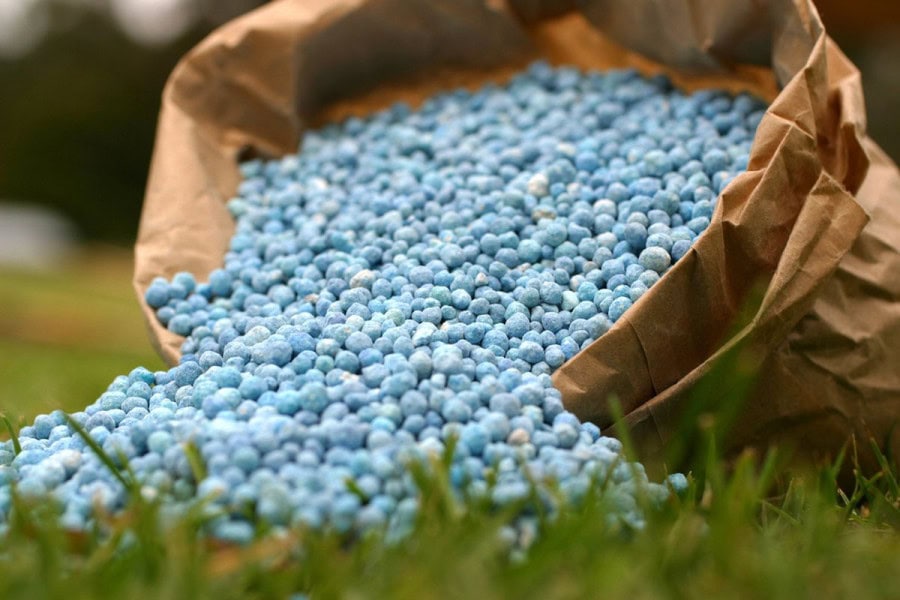Presidential candidate of Federation of Pakistan Chambers of Commerce and Industry (FPCCI), Atif Ikram Sheikh has said that disappearance of urea fertilizer from marketplace is regrettable and the artificial scarcity of urea will affect millions of farmers and agricultural and industrial production.
In a statement issued on Sunday, he said those pushing the nation toward a food security crisis for quick profit should be held accountable as they play with the country’s future.
Atif Ikram Sheikh, who has also served as VP FPCCI, Chairman PVMA, and President ICCI, said that the hoarders were increasing the problems of millions of farmers for personal gains.
He demanded that immediate action should be taken against the hoarders and profiteers to save millions of farmers.
The business leader informed that every year, as soon as the wheat cultivation season begins, urea fertilizer disappears from the market, and the farmers have to buy it from the black market at high prices.
He said that due to the high cost of urea, its use was reduced, which affects production, and the government has to spend a lot of foreign exchange to import wheat.
Now, he warned that farmers were protesting all over the country, and the food security situation was feared to be affected.
He said those pushing the country towards a food security crisis should be dealt with iron hands, adding that it was necessary to stop the distributors and dealers from milking poor farmers, for which immediate steps should be taken.
Atif Ikram Sheikh noted that despite the decline in local production, urea was not being imported, which was surprising. The country was facing a urea shortfall of around half a million tonnes. Current consumption estimates of urea were about 6.7 million tonnes.
He said that the full production capacity of the industry needed to be utilized, which was contributing to the shortfall of providing opportunities to intermediaries for exploitation. The country witnessed the same shortage situation last year due to irregular gas supply to urea plants, and the deficit was bridged through expensive imports.
He said there was a need to end the country’s black fertilizer market forever, arbitrary pricing and smuggling should be stopped, and demand and supply should be balanced. He said that the ritual of repeating past mistakes should be stopped so that farmers’ rights can be protected, the agricultural economy can improve, and wheat imports can be controlled.










